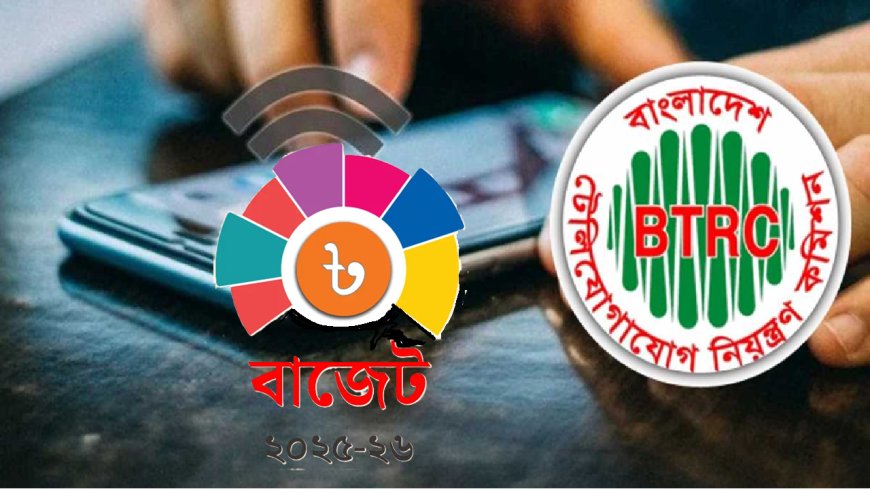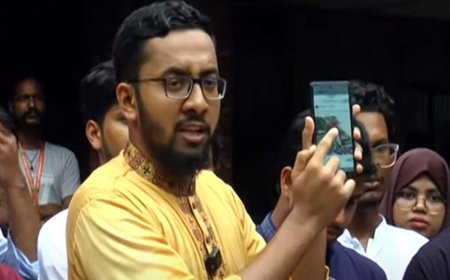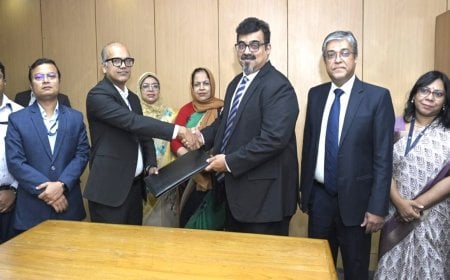Digital Drive in Development: Budget Emphasizes Governance, Inclusion, and Innovation

The government of Bangladesh has adopted a comprehensive digital framework to streamline its financial management and public service delivery, as highlighted in the 2025–26 fiscal year budget presented virtually on Monday by Economic Adviser Dr. Salehuddin Ahmed.
Currently, all ministries are implementing their budgets through the Integrated Budget and Accounting System (iBAS++), enabling the distribution of salaries and allowances to approximately 1.4 million government employees directly to their bank accounts via Electronic Fund Transfer (EFT). This same technology is being utilized for disbursing social safety net allowances, government grants, and aid. Additionally, personal ledgers (PL) have been opened for development projects under 172 autonomous institutions.
Dr. Salehuddin Ahmed announced that a centralized citizen service platform will be launched soon, aimed at delivering all government services seamlessly to citizens from a single interface. “This initiative will create extensive employment and income-generating opportunities for a large number of young men and women,” he added.
The 2025–26 fiscal budget, the first under the interim government led by Professor Muhammad Yunus, proposes a fund of BDT 1.25 billion (Tk 125 crore) to support women entrepreneurs. Instead of focusing on traditional infrastructure expenditure, the budget prioritizes people-centric development.
“In this year’s budget, we have emphasized people over infrastructure. We have focused on ensuring fundamental rights, livelihood security, equitable environments, and the ability to live a dignified life,” said Dr. Ahmed. Key areas of emphasis include education, healthcare, good governance, civic facilities, employment, and implementation of the Fourth Industrial Revolution. The budget also underscores the creation of a society based on zero poverty, zero unemployment, and zero carbon emissions.
Addressing efforts in workforce development, Dr. Ahmed noted that technical curricula are being revised to align with market demands. “All formalities for overseas employment are now being completed digitally. Already, digital migration clearance has been introduced in six districts and will soon expand nationwide,” he stated.
In terms of industrial growth, the adviser outlined plans for the development of the cottage, small, and medium enterprise (CSME) sector. Over the next three months, 15,900 new entrepreneurs are expected to be developed, while 25,000 individuals will receive skills and technical training. A central CSME database will be established, and loans amounting to BDT 10 billion (Tk 1,000 crore) will be distributed among 10,000 cottage and small women entrepreneurs. Furthermore, 3,000 women entrepreneurs will be connected with corporate buyers through a digital platform.
To strengthen women’s empowerment and poverty alleviation, he mentioned, “Under the VWB programme, 20,000 selected women have already received skill-based training through the National Women’s Training and Development Academy.”
Dr. Ahmed also addressed food security, stating that the government is developing climate-resilient crop varieties and advanced cultivation technologies. Efforts are underway to expand cold storage and cold chain infrastructure, enhance agricultural transportation systems, and establish a comprehensive stakeholder database for the sector. The national food storage capacity is being raised to 3.7 million metric tons. To meet the demand for animal protein, a production target of 5.255 million metric tons of fish has been set for FY 2025–26.









































































































































































































